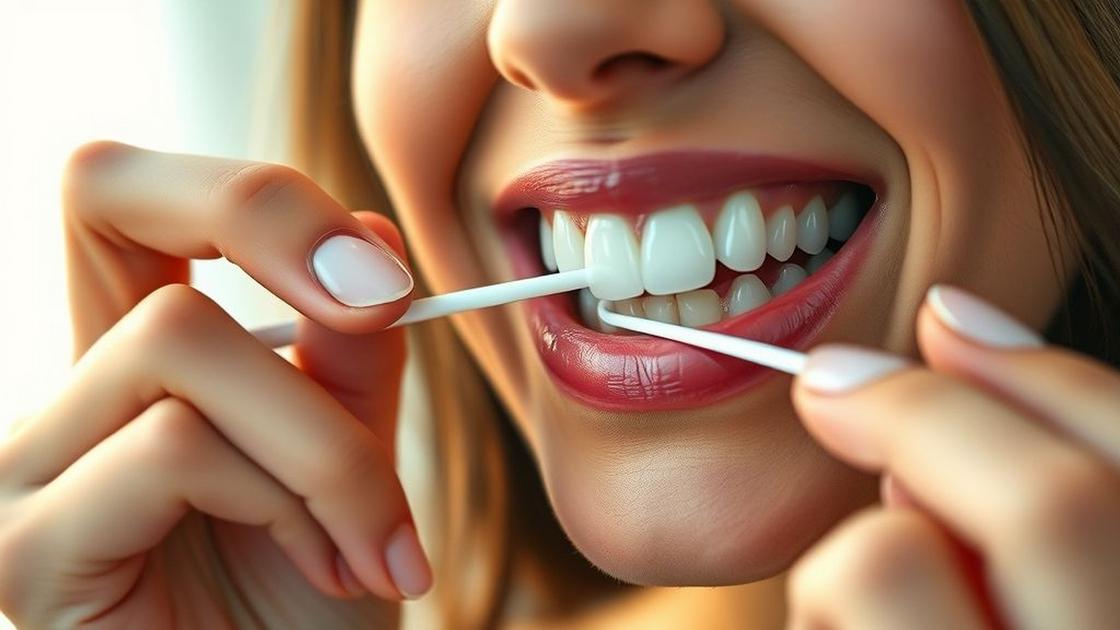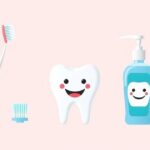Do you feel self-conscious about your smile? Many women face challenges with oral health that can impact their confidence. At-home oral care tips can help you maintain that beautiful, healthy smile you deserve. In this article, we’ll explore practical advice and simple steps to ensure your oral hygiene routine is effective and empowering.
Understanding the Basics of Oral Health
Good oral health is essential for overall wellbeing. It goes beyond keeping your smile bright; it impacts your confidence and improves your quality of life. Understanding the fundamentals is the first step towards achieving a healthier mouth. Here are some key aspects:
- Oral Hygiene: Daily brushing and flossing can help remove food particles and plaque, preventing cavities and gum disease.
- Regular Checkups: Visiting your dentist at least twice a year helps in catching any issues early before they become bigger problems.
- Awareness of Habits: It’s crucial to recognize habits that could harm your teeth, such as smoking or excessive consumption of sugary foods.
The Role of Brushing in Oral Care
Brushing your teeth is the foundation of good oral health. It removes plaque, prevents cavities, and keeps your smile bright. Here are some tips for effective brushing:
- Choose the Right Toothbrush: Soft-bristled toothbrushes are gentle on your gums yet effective at cleaning your teeth.
- Brush Twice Daily: Make it a habit to brush every morning and night for at least two minutes.
- Technique Matters: Use small circular motions and avoid using too much pressure to protect your gums.
Flossing: Your Secret Weapon for a Healthier Smile
Many people skip flossing, but this step is vital for a complete oral care routine. Flossing helps in removing debris from between your teeth where your toothbrush can’t reach. Here’s why you should consider it:
- Prevents Gum Disease: Flossing regularly reduces the risk of gum infections.
- Prepares for Brushing: It removes leftover food particles, allowing for a more effective brushing session.
- Improves Freshness: Flossing can help keep your breath fresh by eliminating trapped food.
Benefits of Using Mouthwash Daily
Mouthwash can be an excellent addition to your oral care routine. It provides benefits beyond just freshening your breath. Consider these aspects:
- Kills Bacteria: Many mouthwashes contain antibacterial properties that help reduce plaque buildup.
- Removes Residue: They can help in rinsing away debris that brushing and flossing may miss.
- Whitening Effects: Certain formulations can aid in whitening and brighten your smile.
Healthy Eating for Better Oral Hygiene
Your diet plays a significant role in maintaining good oral health. Choosing the right foods can give your teeth the strength they need. Here’s how:
- Limit Sugary Snacks: Sweets and sodas contribute to tooth decay, so opt for healthy snacks like fruits and nuts.
- Incorporate Calcium and Vitamin D: Foods rich in these nutrients, such as dairy products, help strengthen teeth.
- Stay Away from Acidic Foods: Foods like citrus and soda can erode dental enamel, so enjoy them in moderation.
Hydration: The Key to a Radiant Smile
Staying hydrated is vital for maintaining moisture in your mouth. Here’s why hydration is essential:
- Encourages Saliva Production: A well-hydrated body promotes saliva, which helps neutralize acids and prevents decay.
- Flushes Out Food Particles: Drinking water can help rinse your mouth and reduce the chance of cavities.
- Supports Overall Health: Proper hydration is linked to better health, which naturally includes oral wellbeing.
The Importance of Regular Dental Checkups
Even with impeccable oral hygiene, regular dental checkups are crucial. They allow your dentist to spot issues before they escalate. Key benefits include:
- Preventative Care: Regular visits help identify cavities or gum disease early.
- Professional Cleaning: Dental professionals can deeply clean your teeth, removing plaque and tartar that brushing alone may not remove.
- Custom Advice: Your dentist can offer tailored oral care advice based on your specific needs.
How Stress Affects Your Oral Health
Many may not realize, but stress can take a toll on oral health. When stressed, you may unconsciously clench your jaw or grind your teeth, leading to significant problems. Here’s how to manage:
- Practice Relaxation Techniques: Engage in deep breathing or meditation to help manage stress levels.
- Avoid Stimulants: Limit caffeine and nicotine, which can increase anxiety and associated habits.
- Seek Support: Share your feelings with loved ones or a professional to alleviate stress burden.
Easy Tips for Kids’ Oral Care
Establishing good oral hygiene habits at a young age sets children up for success. Here’s how to make it fun and easy:
- Make Brushing Fun: Let your kids choose their toothbrushes and toothpaste flavors.
- Set a Routine: Create a brushing schedule they can follow each morning and night.
- Involve Them: Engage them in learning about oral health through games and activities.
Empowering Yourself to Maintain Your Smile
Ultimately, maintaining your smile is about taking small, consistent steps. Empower yourself with knowledge and good practices, and you’ll be well on your way to a healthier smile!
- Stay Informed: Keep learning about oral health and new care products.
- Set Goals: Choose achievable oral health goals, such as flossing daily.
- Celebrate Progress: Acknowledge your efforts in maintaining your oral hygiene.






